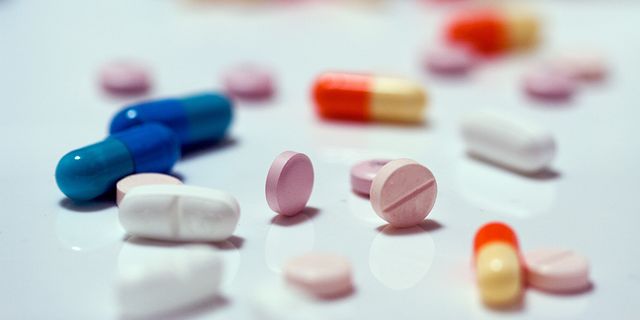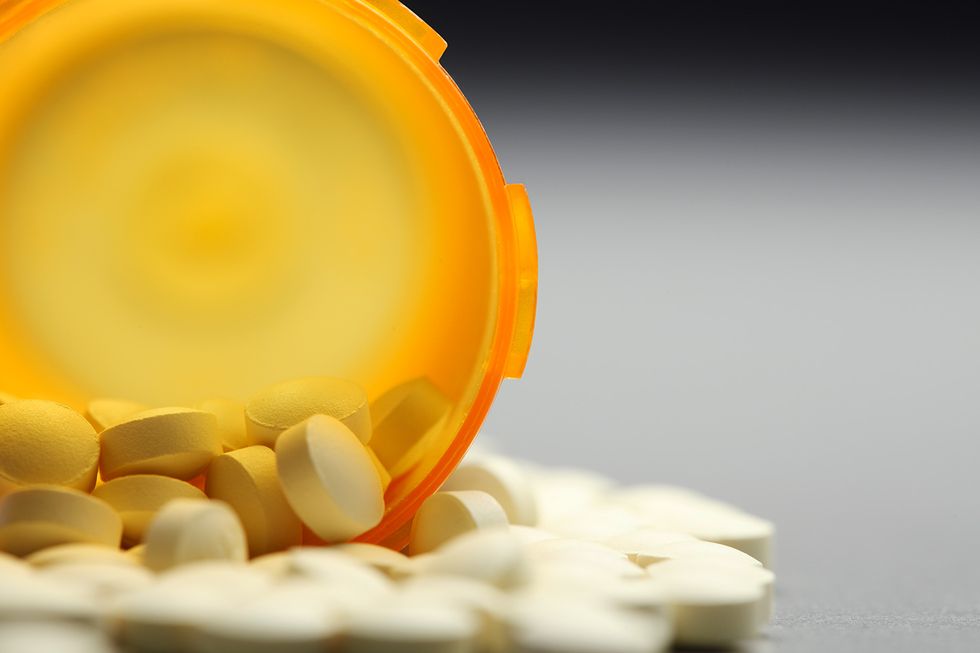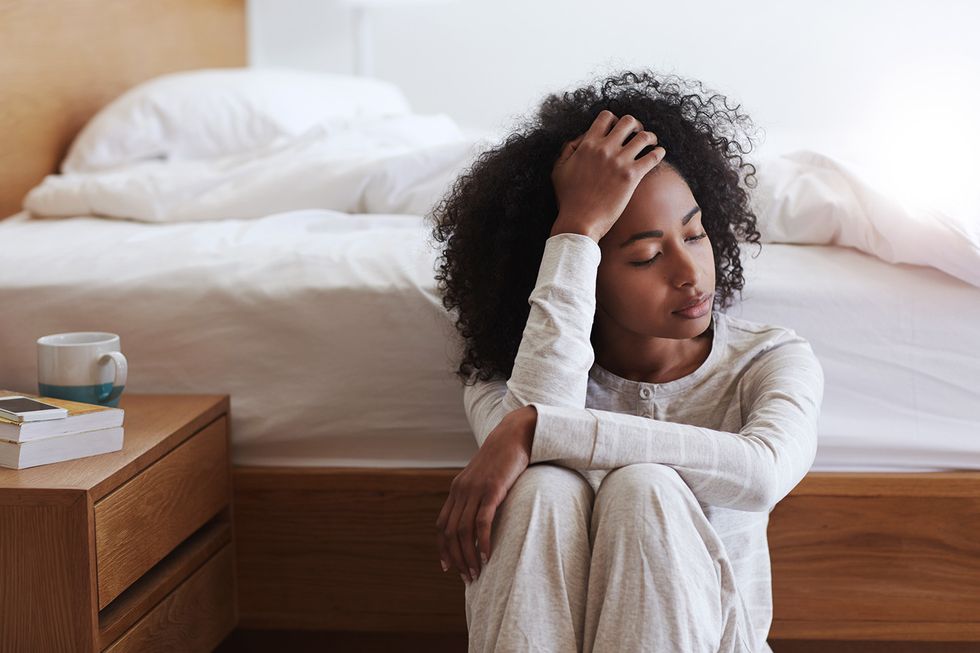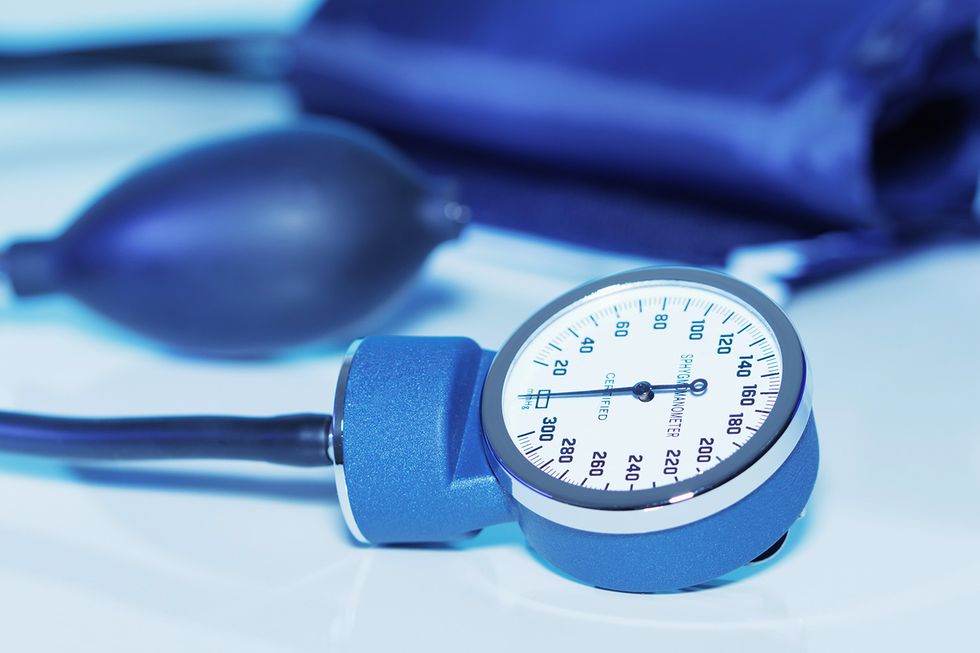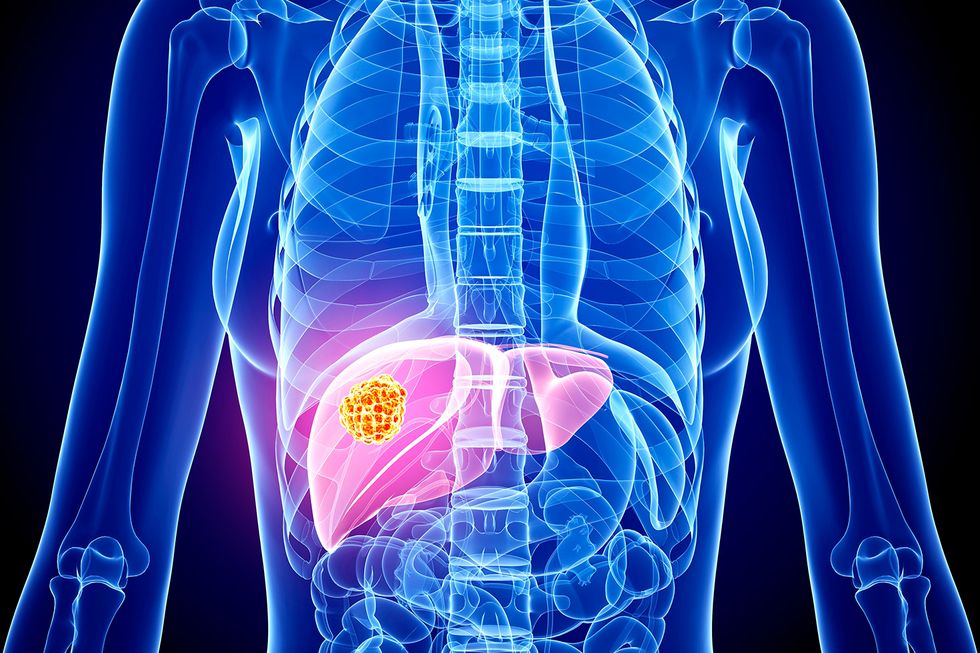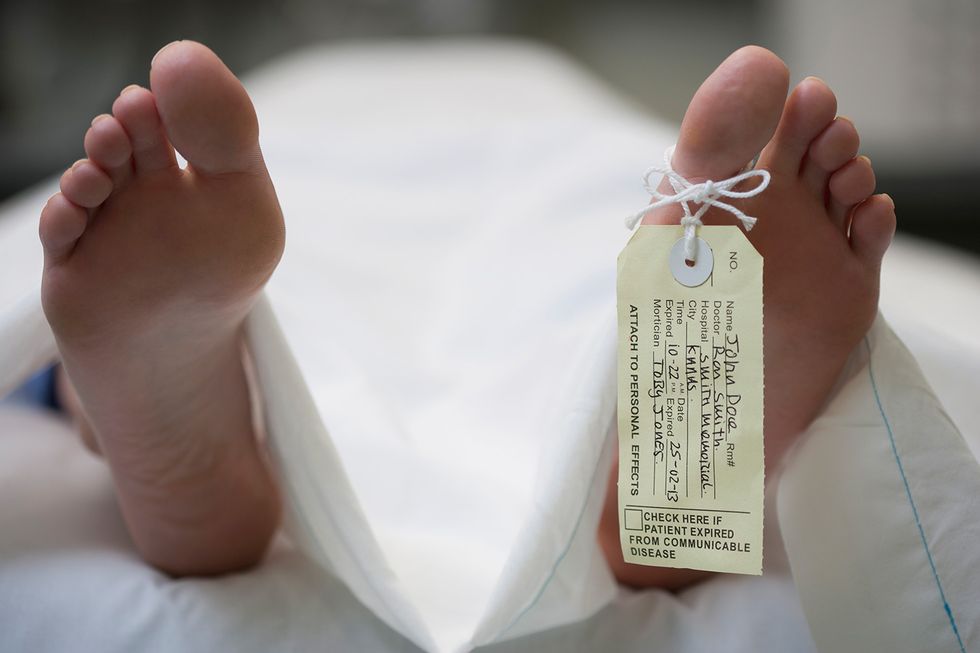11 Cymbalta Side Effects You Should Know About
You might have a really hard time quitting.
Depression. Anxiety. Obsessive compulsive disorder. Fibromyalgia. These are just a few of the reasons why you might be prescribed Cymbalta.
Cymbalta (generic name duloxetine) is a serotonin and norepinephrine reuptake inhibitor—a.k.a. SNRI—which makes it a bit different from other antidepressants like Prozac, says Gail Saltz, M.D., is a psychiatrist and the author of The Power of Different: The Link Between Disorder and Genius. That's because Prozac is an SSRI (selective-serotonin reuptake inhibitor), and only affects serotonin.
Because Cymbalta also affects norepinephrine, it’s used to treat diabetic peripheral neuropathic pain, fibromyalgia, and chronic musculosckeletal pain in addition to depression and a variety of anxiety disorders. It’s additionally used off-label (meaning the FDA does not endorse but allows) for OCd and picking or habit disorders like pulling out hair (trichotillomania) or severe nail biting.
Antidepressants like Cymbalta can be life-changing for the many people who use them, but like any drugs, they pose risks. “Some people be more sensitive to side effects, and some people will have none at all,” says Saltz. “Usually it will go away within about two weeks, once you’re used to the dose.”
Here are 11 Cymbalta side effects that you should know about.

Colleen de Bellefonds is an American freelance journalist living in Paris, France, with her husband and dog, Mochi. She loves running, yoga, and wine, and is very particular about her baguettes.
Watch Next


9 HigherDose Wellness Favorites On Rare Sale

Kelly Osbourne Didn't Use Ozempic For Weight Loss

What To Know About Celine Dion’s Health Status

Kate Beckinsale Health & Hospitalization Timeline
